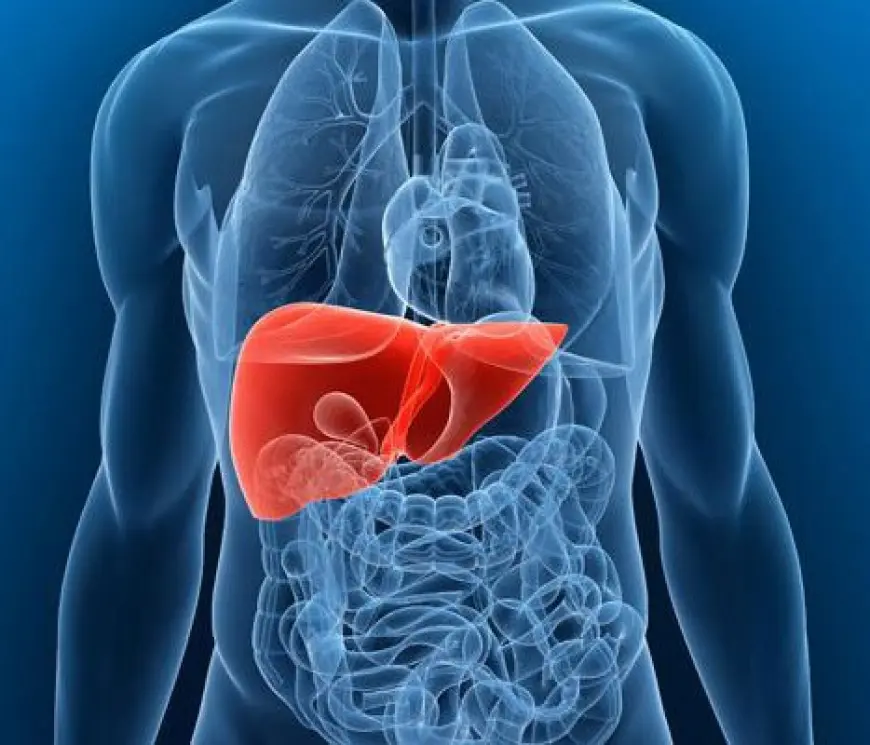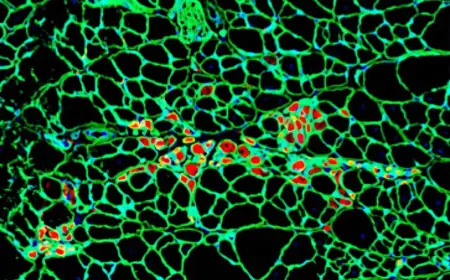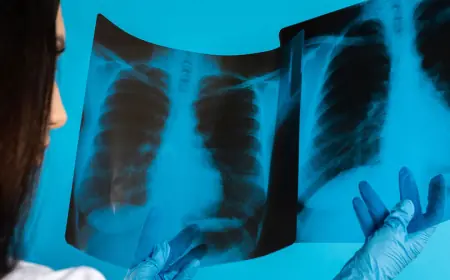A new drug developed to treat a dangerous liver disease
Science Advances: Nanoparticles created to fight fatty liver disease

Researchers from the Yong Loo Lin School of Medicine at the National University of Singapore have developed a new RNA therapy that could offer a radically new approach to treating fatty liver disease. The condition affects up to a quarter of the world’s population and, in severe cases, can lead to cirrhosis and liver cancer. The study was published in Science Advances.
Currently, there are only two approved drugs for this disease, and they are effective in just 30% of patients. The team, led by Associate Professor Wang Jun-Wei, created a "nano-drug" using lipid nanoparticles to deliver siRNA (small interfering RNA) directly to liver cells. This therapy blocks the SPTLC2 gene, which is responsible for producing ceramides — fats that cause lipid accumulation, inflammation, and liver fibrosis.
In experiments, reducing ceramide levels in the liver and blood led to a decrease in fat buildup, inflammation, and tissue scarring, while slowing disease progression. No side effects were observed in other organs.
“We showed that targeted suppression of ceramides via nanoparticles strikes at the root of the disease. This could be a more precise and safer alternative to systemic drugs,” said Wang Jun-Wei.
According to physicians, including gastroenterologist Mark Mutia, this new therapy could complement current treatments and offer hope to patients who do not respond to conventional therapies. The team is now working on making the drug longer-lasting and moving toward clinical trials.
Researchers emphasized that lipid nanoparticles — widely known from COVID-19 vaccines — now open new doors for treating chronic conditions, including not only liver diseases but also diabetes, obesity, and cardiovascular disorders.



























